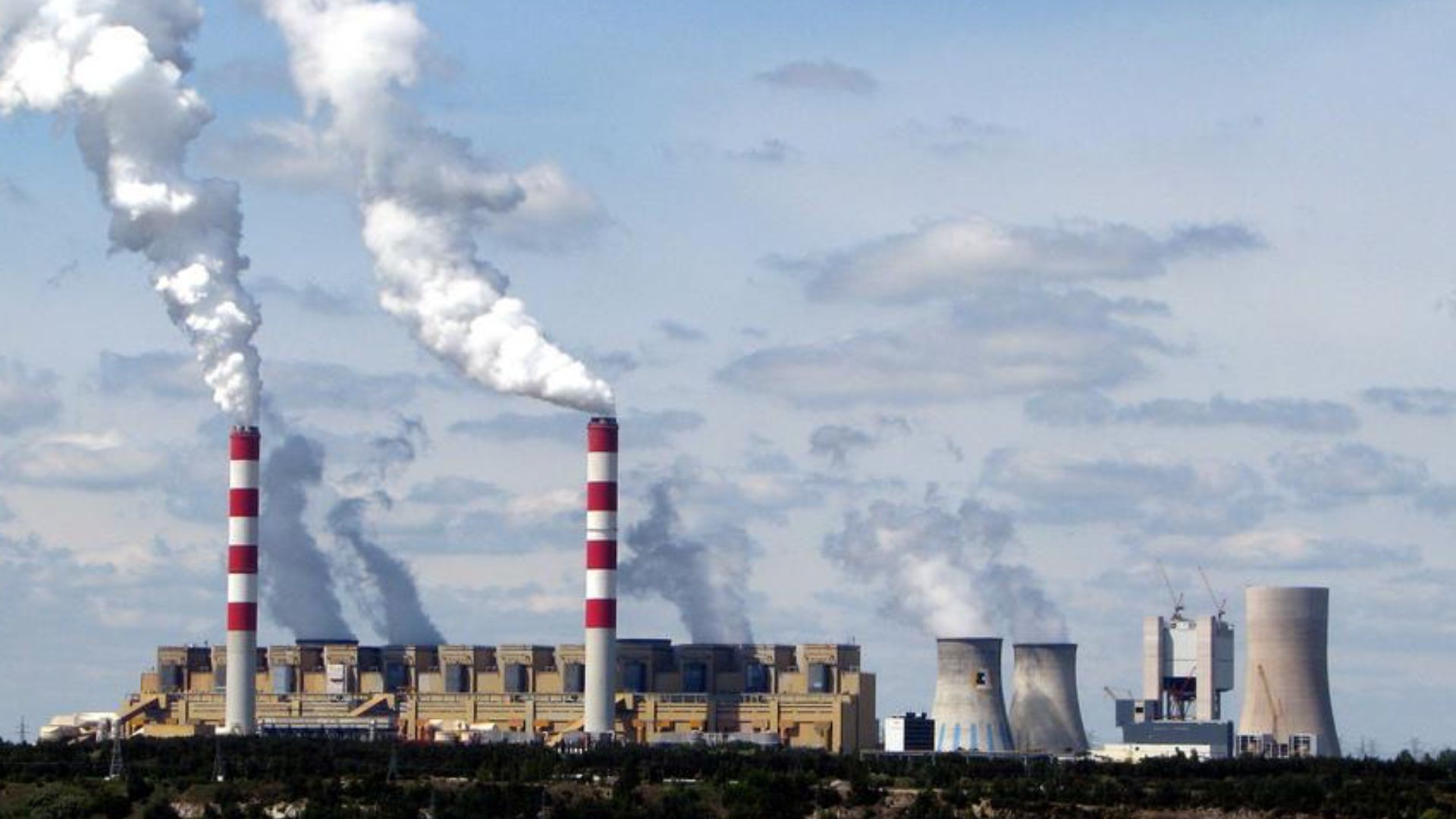Poland's Political and Economic Transformation: Challenges and Opportunities in a Changing Landscape
- Poland | 16 July 2021

Poland has undergone significant political and economic changes in recent years, with the United Right coalition, led by the Law and Justice Party (PiS), steering the nation in a new direction since taking office in 2015. This shift has encompassed economic, institutional, and cultural aspects of the country’s identity. Under the leadership of Jaroslaw Kaczysnki, PiS has aimed to reshape Poland from a post-communist outsourcing hub into a high-income economy grounded in homegrown industries and Catholic conservative values.
This transformation has manifested in various policy changes, including a greater state role in the economy, expansive social spending programs for families, and a restructuring of the justice system. These interventionist policies have raised concerns, both domestically and internationally, about centralization and political influence in independent institutions like the judiciary. The European Commission has attempted punitive measures against Poland, although these efforts have yet to yield significant results. Despite controversies, the United Right coalition remains a formidable political force, securing a substantial victory in the 2019 parliamentary elections.
Foreign investors initially faced challenges due to these protectionist measures, including special taxes on banks and insurance companies and restrictions on capital transfers. Furthermore, state involvement in certain companies, such as the second-largest bank, Pekao SA, and the halt of privatizations in strategic sectors like energy, raised concerns among foreign investors. These factors led to Poland’s decline in the World Bank’s Ease of Doing Business rating.
However, Poland continues to offer structural advantages and incentives for investors. It has been the largest recipient of EU Cohesion and Structural Funds, drawing substantial financial support. The country’s strategic location as a logistical hub, coupled with incentive schemes for foreign investors, makes it an attractive destination. These advantages will be critical in navigating the impending economic recession due to the Covid-19 pandemic.
Poland also provides a conducive environment for resolving investor-state disputes through arbitration, despite some challenges in the energy sector due to its political sensitivity and state control. The government’s reorganization of the energy sector reflects a shift towards renewables, creating opportunities for investors in this space.
Barriers to market entry in the energy sector are minimal, with regulatory obstacles largely absent. Poland has specific requirements for prospective licensees, ensuring financial stability, VAT registration, a clean legal record, and qualified staff. Regulatory bodies, such as the Office for Competition and Consumer Protection (OCCRP) and the European Commission, monitor mergers and acquisitions for competition concerns.
The Energy Regulatory Authority (URE) oversees energy markets, including licensing, tariff setting, and enforcement of legislation. Despite some concerns about URE’s independence, it has actively challenged the government on competition and pricing issues.
Coal remains a dominant force in Poland’s energy sector, but the government aims to reduce its share in electricity generation while increasing renewable energy production. The Covid-19 pandemic is likely to accelerate this shift away from fossil fuels, prompting investments in low-carbon technologies. Environmental protection projects will be a priority in the government’s economic recovery plan, offering opportunities for investors with expertise in this area.
Despite challenges and political changes, Poland remains an attractive destination for foreign investors, with its structural advantages, incentives, and opportunities in the evolving energy landscape.








